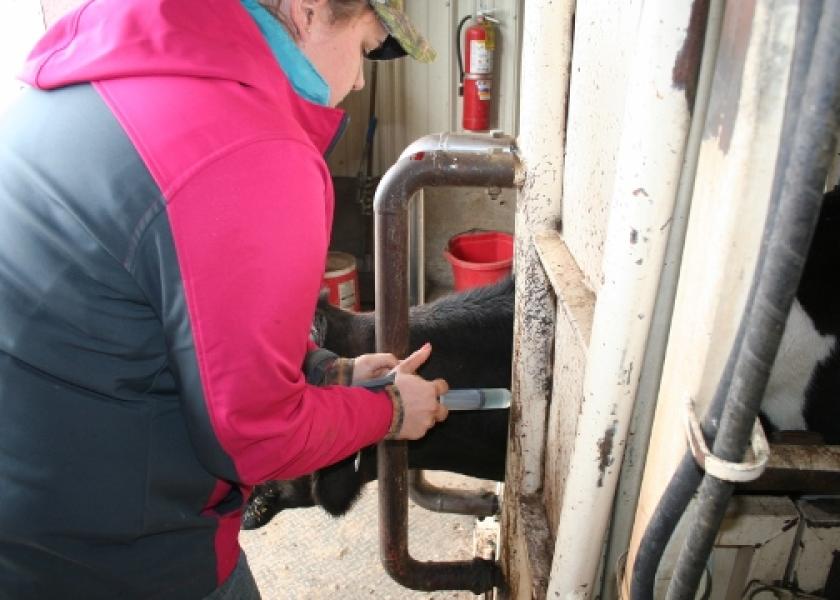AVMA Welcomes Passage of Animal Drug User Fee Legislation

The American Veterinary Medical Association (AVMA) applauds House and Senate lawmakers for their passage of the Animal Drug and Animal Generic Drug User Fee Amendments of 2018 (H.R. 5554/S.2434), which are vital to increasing veterinary access to drugs approved by the U.S. Food and Drug Administration (FDA). The House passed the bill on July 16, and the Senate passed the bill today. In a significant victory for the veterinary community, the legislation includes language that would expand conditional approvals beyond minor uses and minor species.
When signed into law, the animal drug user fee amendments will reauthorize the FDA's Center for Veterinary Medicine to continue collecting animal drug and animal generic drug user fees from the drugs' sponsors. These fees – coupled with annual appropriations – support FDA's animal drug review processes and ultimately improve veterinary access to FDA-approved drugs. Conditional approval of new animal drugs will incentivize the development of new and innovative products for conditions that prove particularly difficult to study.
AVMA has been a vocal proponent of timely passage of animal drug user fee amendments and expansion of conditional approvals. On March 14, AVMA Immediate Past-President Dr. Michael Topper testified before the U.S. House of Representatives Committee on Energy and Commerce Subcommittee on Health in favor of the legislation.
"By providing new animal drugs with a predictable pathway to market, these fees help provide veterinarians with access to new and additional tools that can potentially improve treatment outcomes, provide alternatives to existing therapies, fill unmet medical needs in veterinary medicine, and ultimately improve patient care, which is the center of veterinary practice," Dr. Topper told members of the committee.
This legislation is critical to veterinary access to more FDA-approved medications, as there are roughly 25 times more labeled indications approved for human use than approved for animal use.







